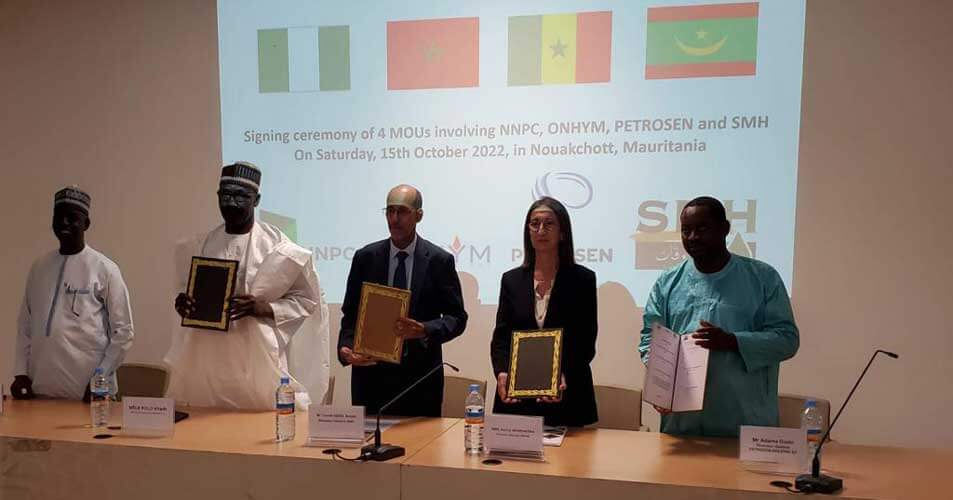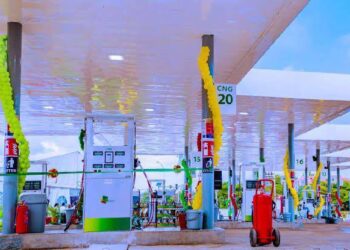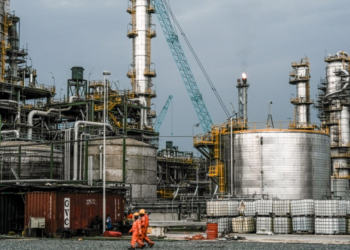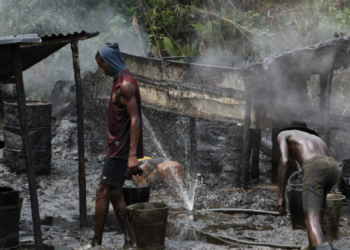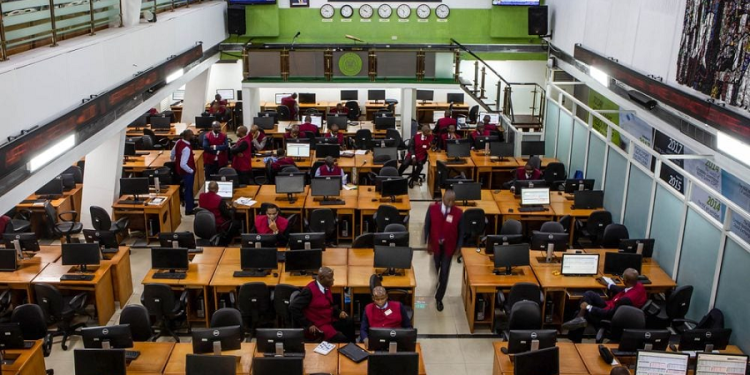The Nigerian National Petroleum Company (NNPC) Limited has signed a memorandum of understanding (MoU) with five additional African countries for the Nigeria-Morocco gas pipeline project.
This is according to a statement made by the NNPC via its Twitter account on December 5, Monday evening.
In the statement, the NNPC identified the countries that have recently signed on to the project as Ghana, The Gambia, Guinea, Guinea Bissau, and Sierra Leone.
The signing, which took place in Rabat, Morocco, marks yet another significant step in the Nigeria-Morocco Gas Pipeline project execution.
The Importance: During the signing ceremony, Mele Kyari, the Group Managing Director of the NNPC, said natural gas is a critical transition fuel. He added that the NNPC is well positioned to progress the pipeline project which Africa stands to benefit from through the creation of wealth and improvement of the standard of living of the citizenry. He also said:
- “NNPC Limited will facilitate the continuous supply of gas and provide other enablers such as the required land for the first compressor station to be deployed in Nigeria, which is among the 13 stations earmarked along the pipeline route.”
The Backstory: In December 2016 and in June 2018, Nigeria and Morocco signed a Memorandum of Understanding on the same Nigeria-Morocco Gas Pipeline. However, it wasn’t until 2022 that other relevant countries started signing up to join the MoU.
- On September 15, 2022, the NNPC, the Economic Community of West African States (ECOWAS), and Morocco’s National Office of Hydrocarbons and Mines (ONHYM) signed a memorandum of understanding (MoU) to kick off the construction of the Nigeria-Morocco Gas Pipeline (NMGP).
- The signing took place in Rabat, Morocco, with Mallam Mele Kyari as a signee representing the NNPC, Dr Amina Benkhadra as a signee for ONHYM, and Mr Sediko Douka, signing on behalf of ECOWAS.
- The Nigeria-Morocco gas pipeline is a 5,600km gas pipeline that will travel the length of 13 African countries – Nigeria, Benin Republic, Togo, Ghana, Cote D’Ivoire, Liberia, Sierra Leone, Guinea, Guinea Bissau, The Gambia, Senegal, Mauritania to Morocco.
- The pipeline is projected to have thirteen compressor stations. The project is projected to cost $25 billion. Out of the 13 countries where the pipeline will pass through, 7 countries have already been included in the MoU.
Why it matters: Since the Russia-Ukraine war broke out in February 2022, energy supplies to Europe have been compromised as European policy-makers decided as far back as Q2/2022 to replace Russian fossil fuel imports with other sources, in this case, natural gas imports.
Africa has significant amounts of natural gas and the continent needs adequate infrastructure to enable natural gas exports to Europe. If the Nigeria-Morocco gas pipeline comes onstream, the continent can be a supplier of natural gas to the United Kingdom and the EU – both require up to 550 billion cubic meters (bcm) of natural gas per year.

